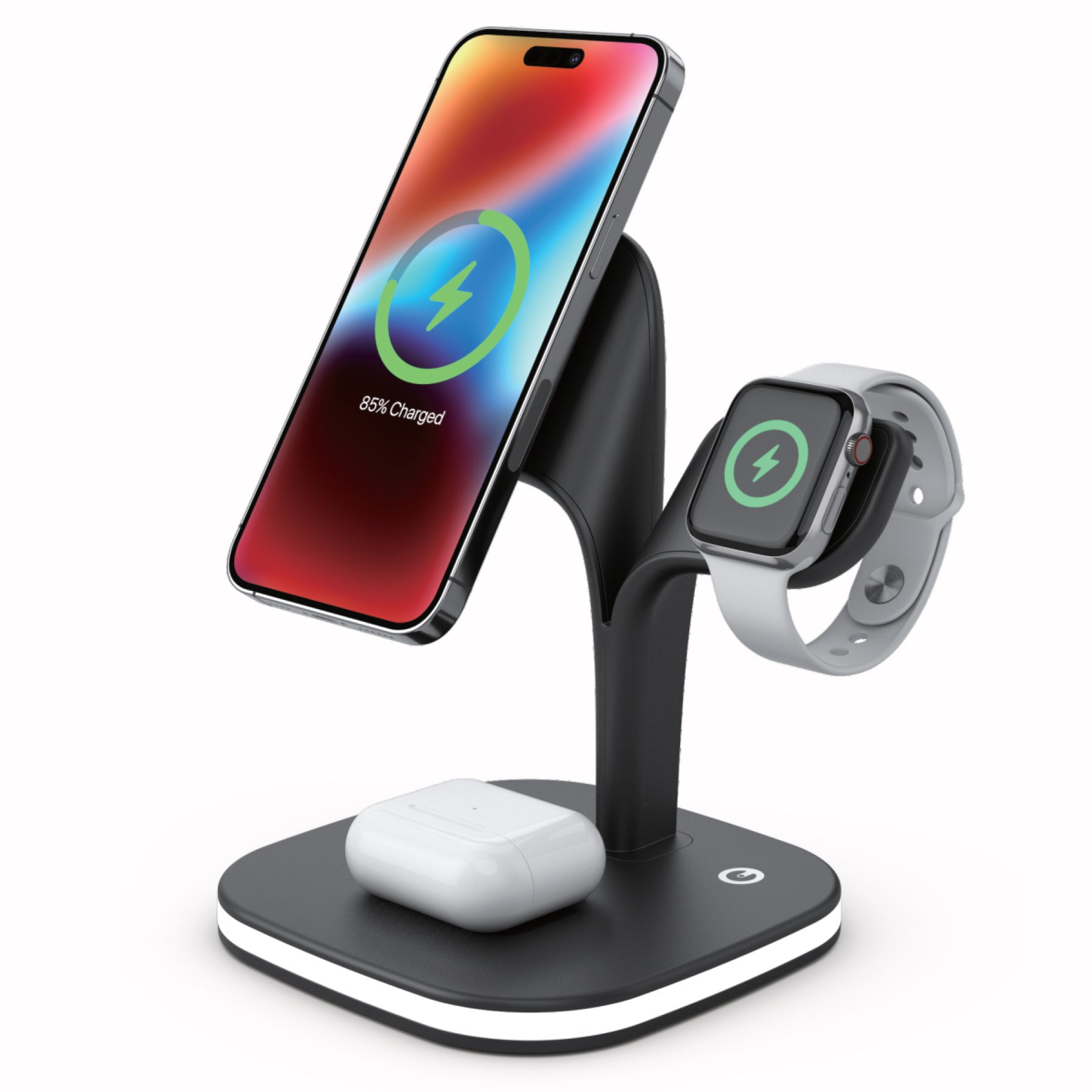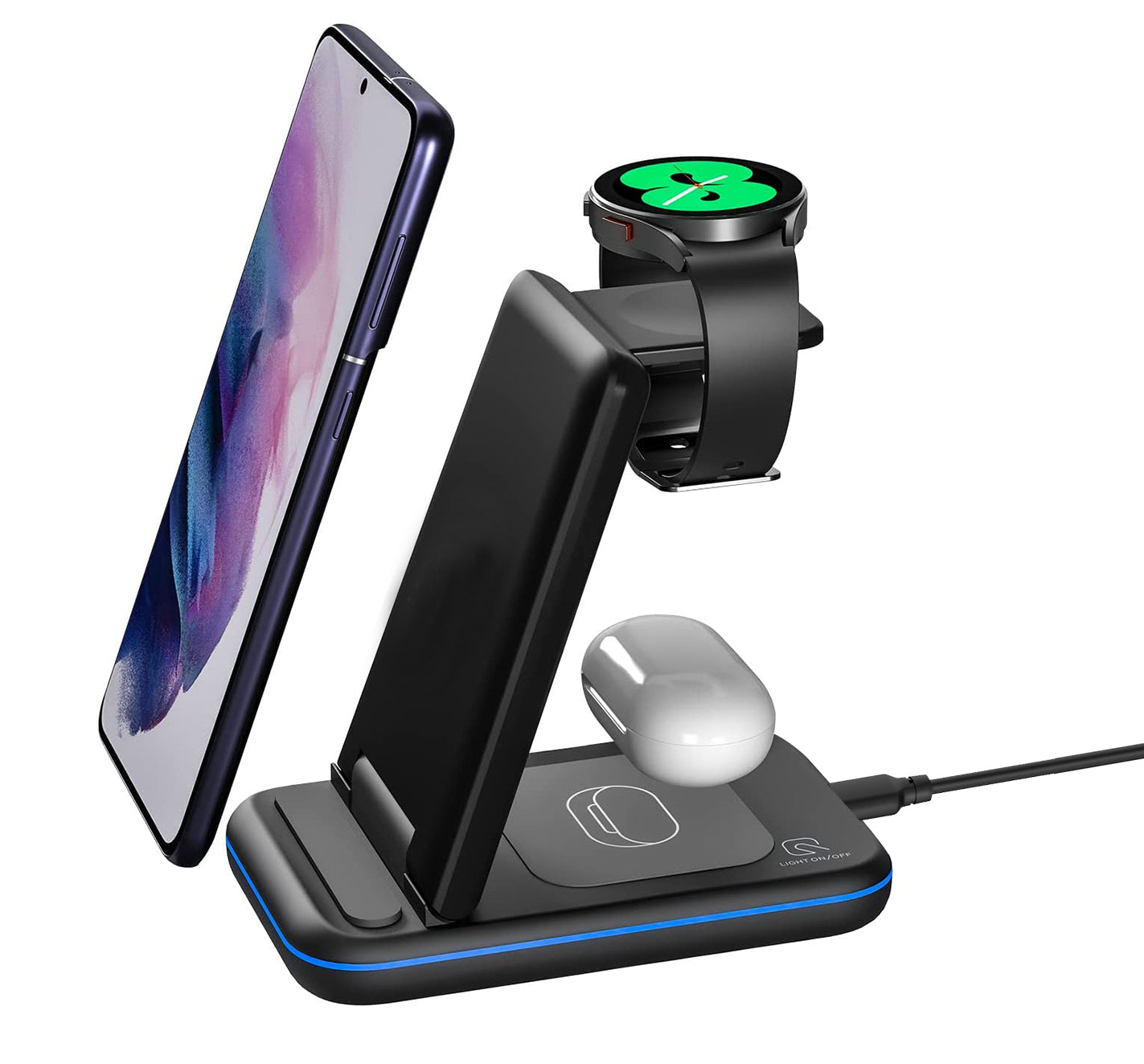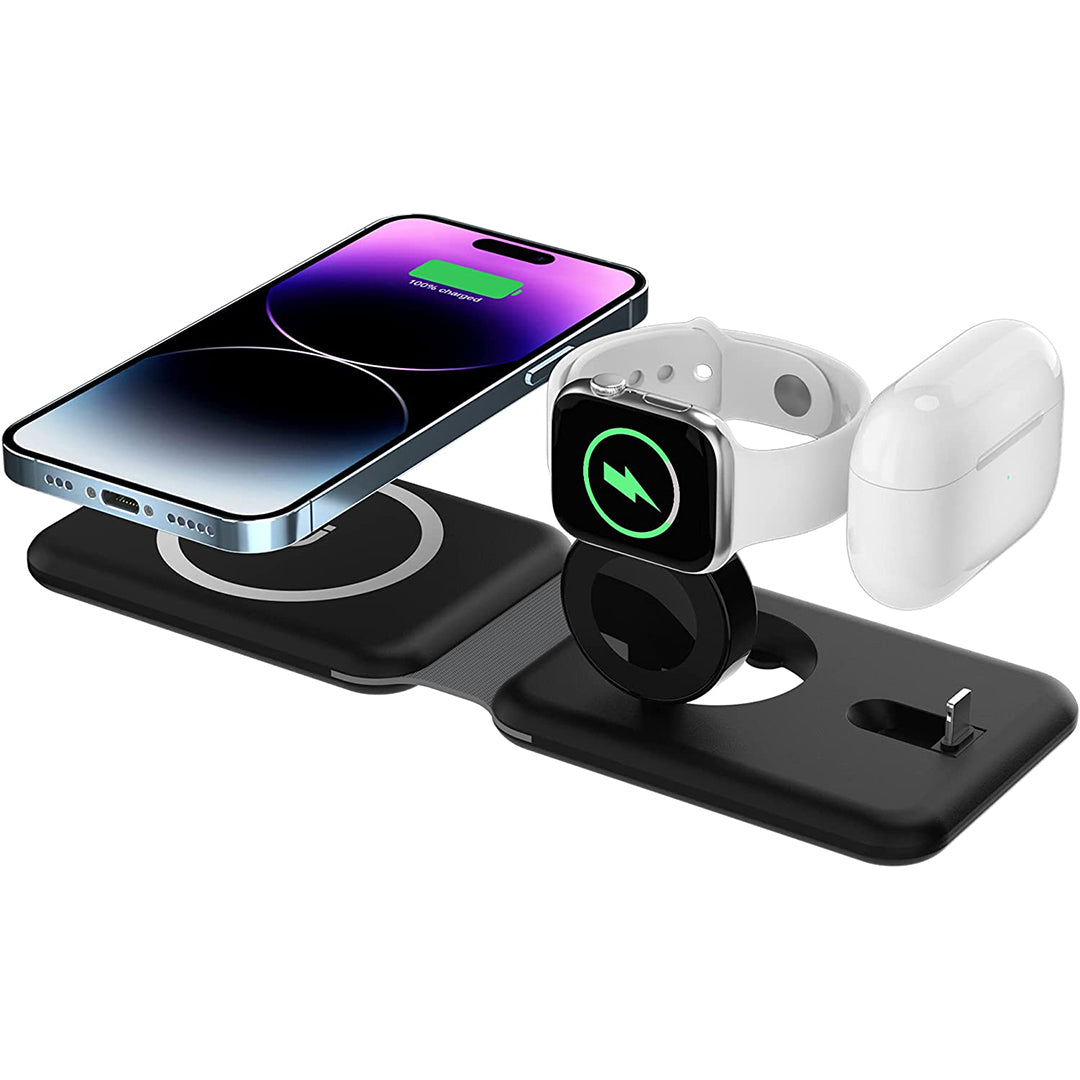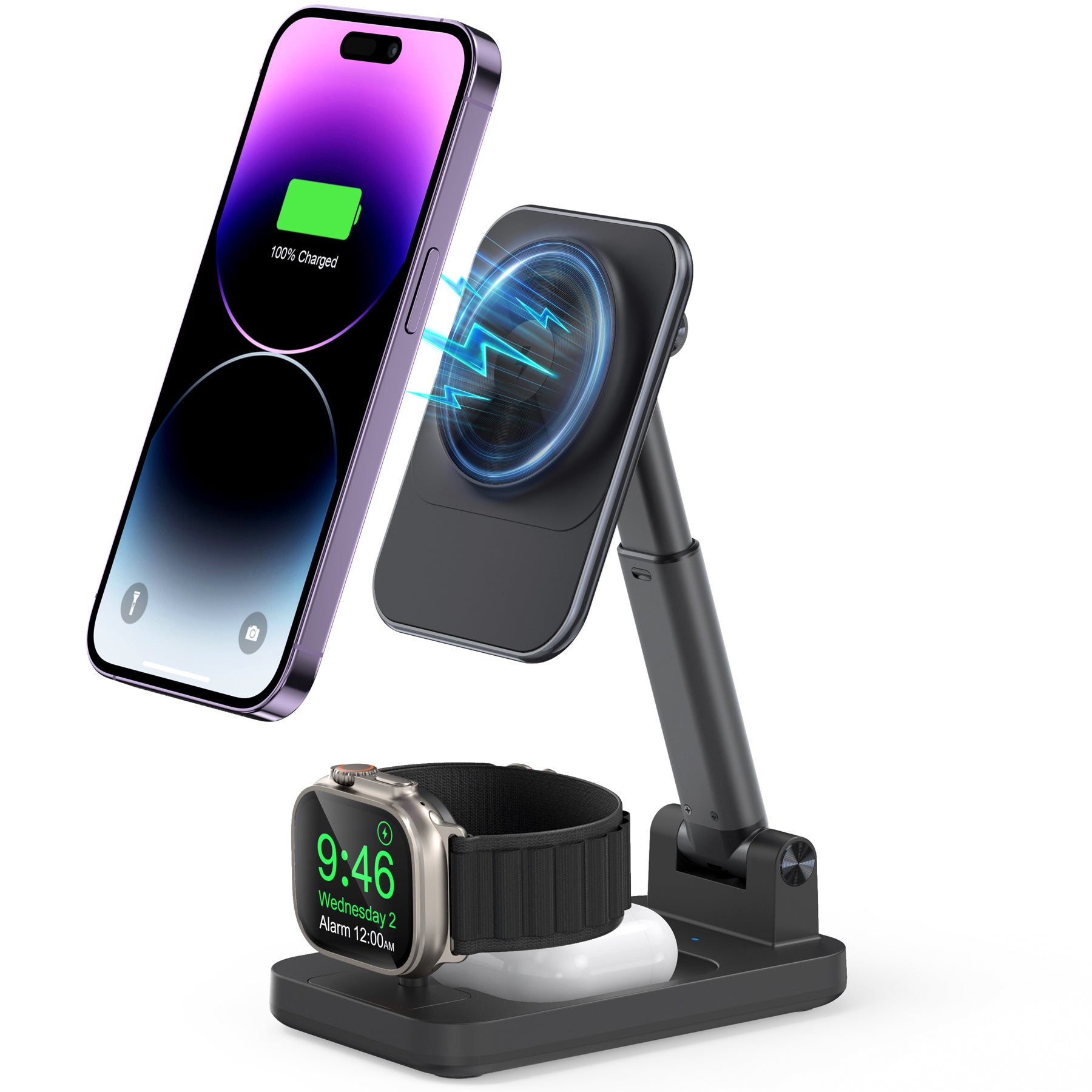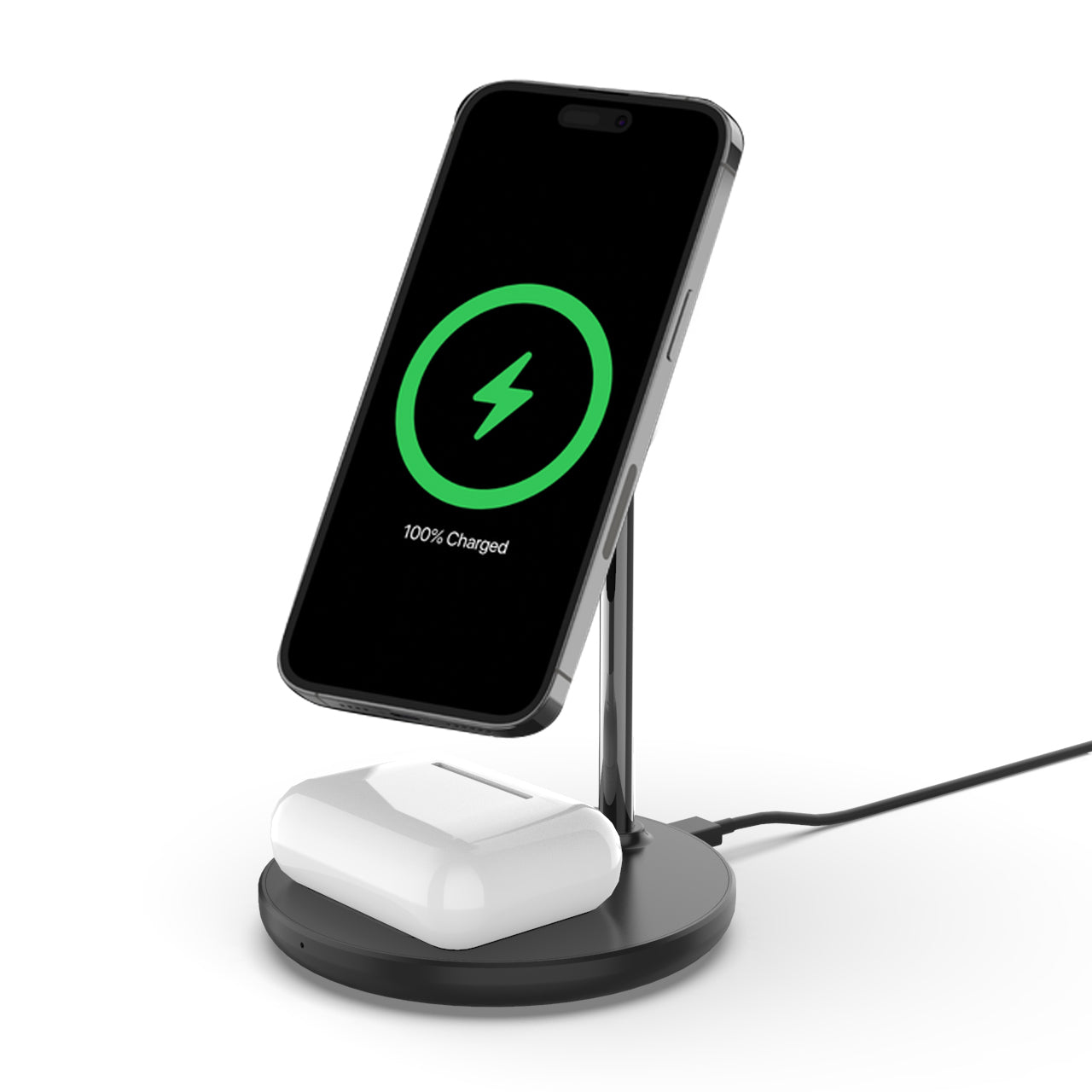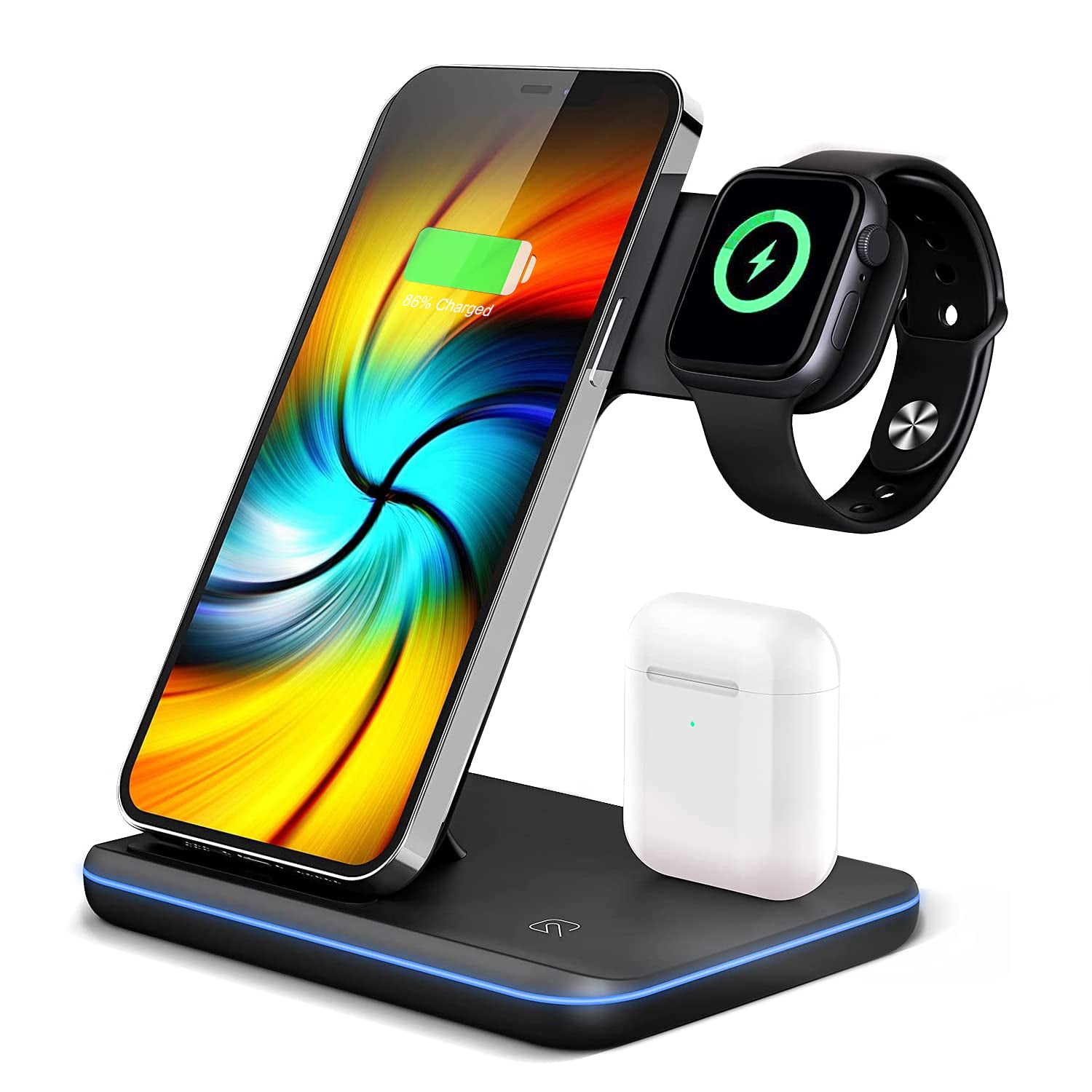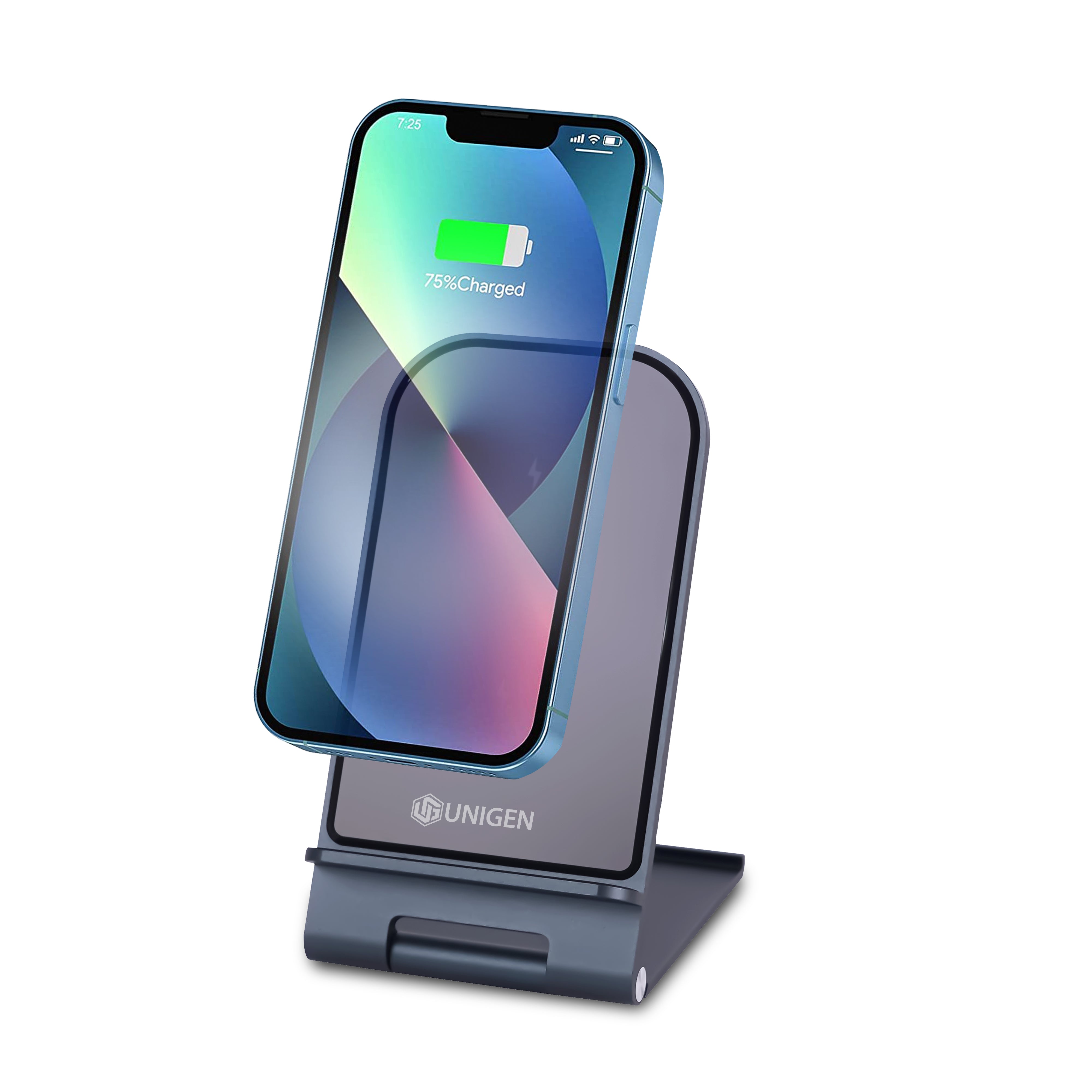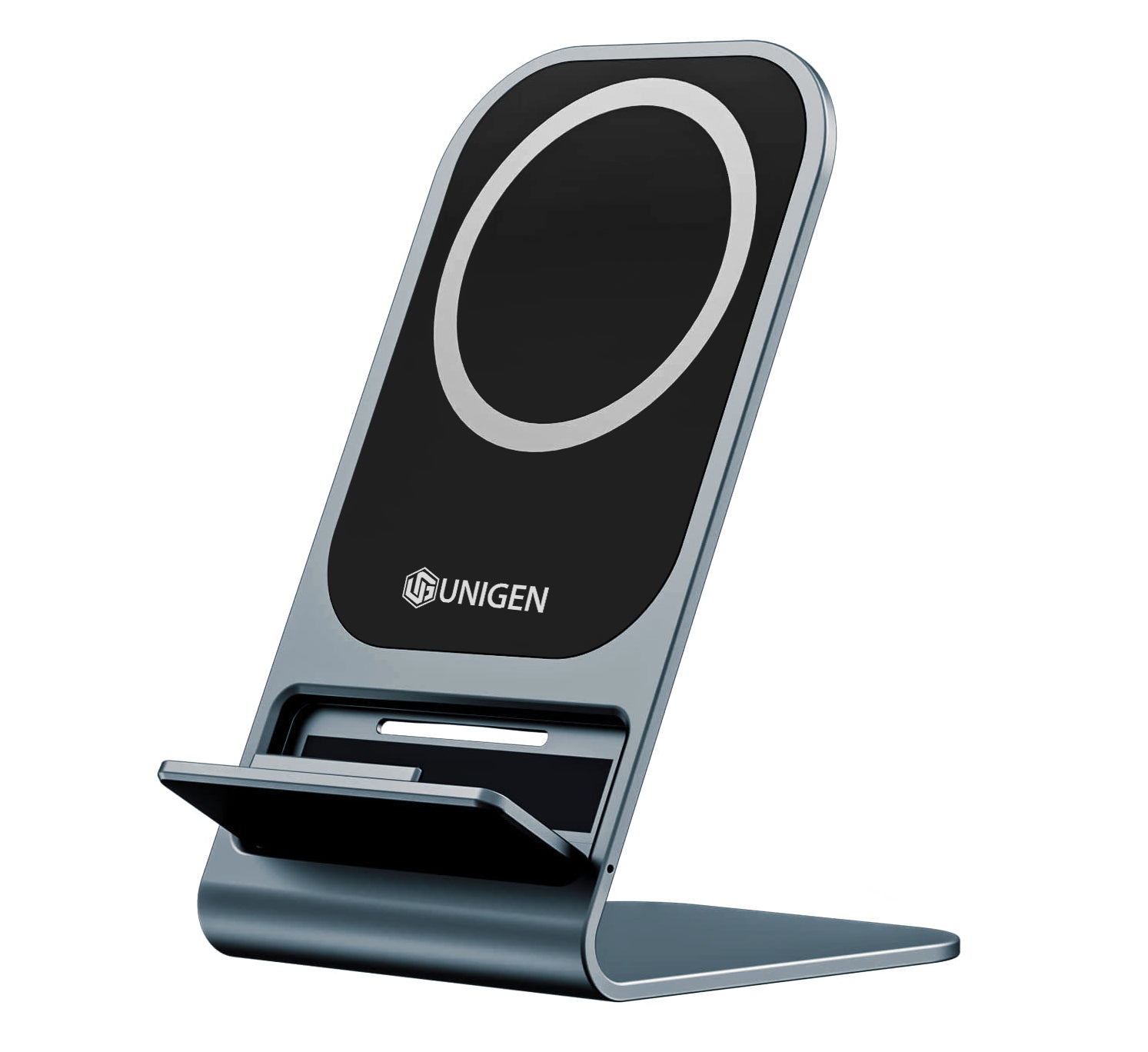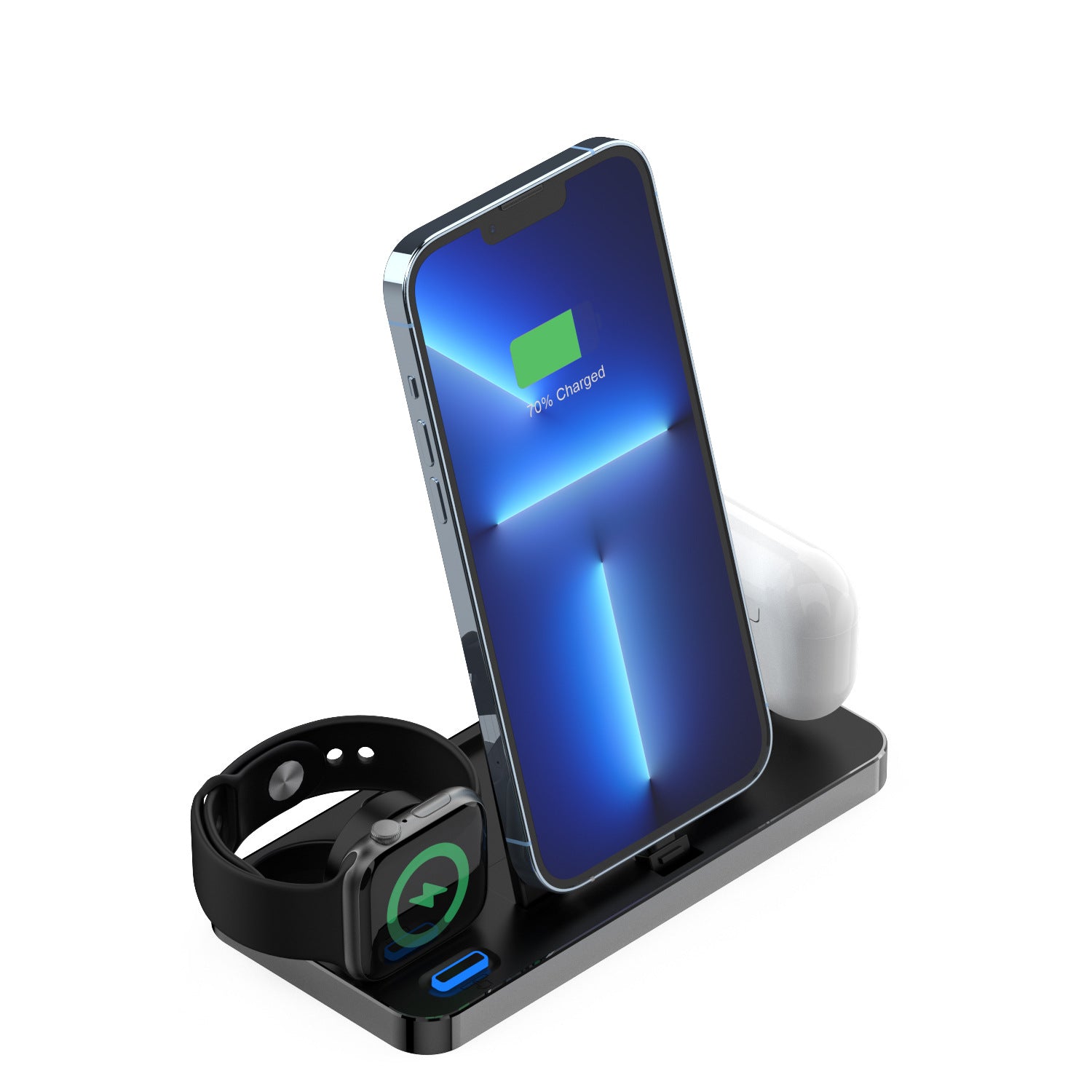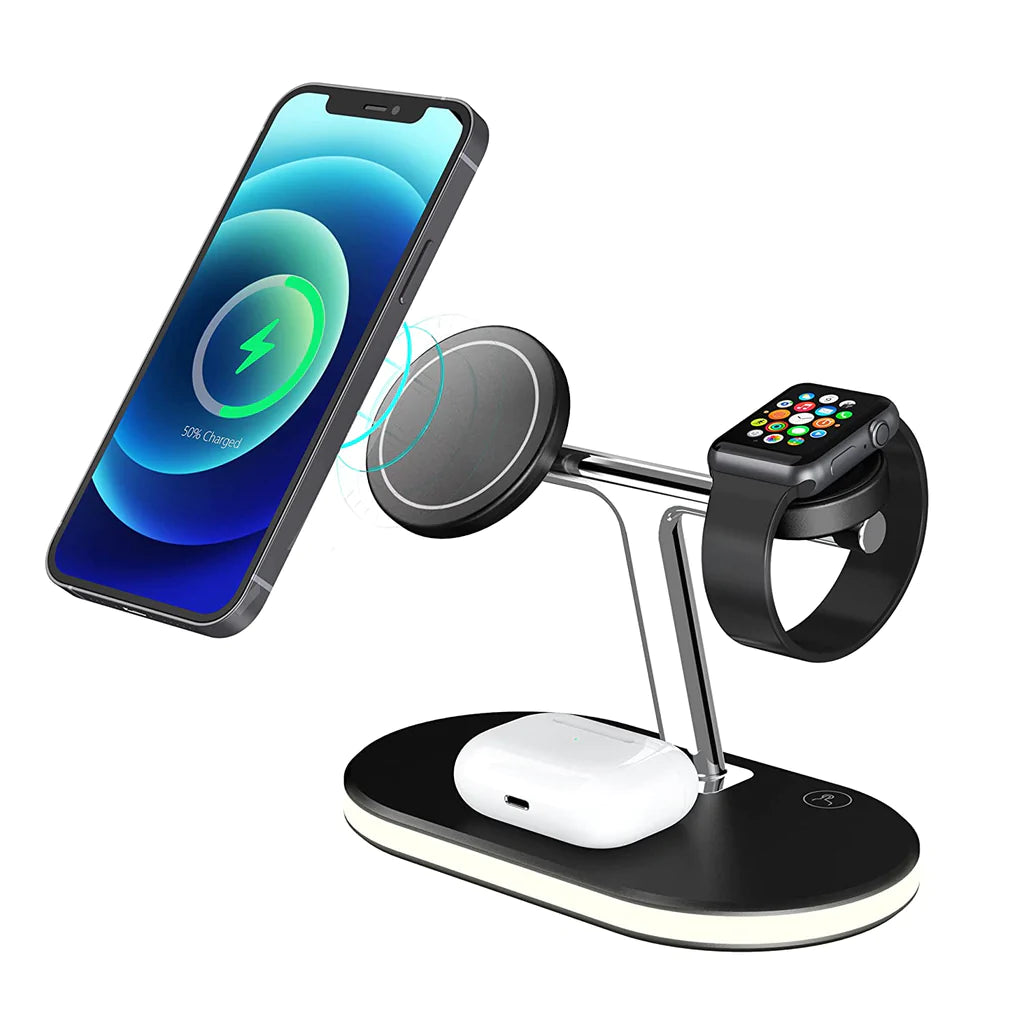
What is the difference between Qi and wireless charging?
We have all heard of wireless charging, and many of us have probably seen it in action. But what is Qi charging, and how does it differ from wireless charging? In this blog post, we’ll take a look at the differences between Qi and wireless charging, and why one may be a better option than the other.

So, let’s define both Qi and wireless charging. Qi is a form of inductive charging, which is the process of transferring energy from a transmitting device (such as a charging mat) to a receiving device (such as a smartphone) without the need for a physical connection. Wireless charging, on the other hand, is the process of transmitting energy using radio waves, which allows for a greater range of motion.
Also Read:- How do I know if my phone supports Qi charging?
The main difference between Qi and wireless charging is the way in which energy is transferred. With Qi charging, energy is transferred through inductive coils, which require a close physical connection between the two devices. This means that the device must be placed directly on the charging pad for the energy to be transferred. Wireless charging, however, uses radio waves to transfer the energy, so it can be done at a distance and with a greater range of motion.

Convenience is one of the main benefits of Qi charging. It's simple to set your device down on the charging pad, and it will immediately begin to charge. Wireless charging, on the other hand, requires that the receiver device be within a certain range of the transmitter, which can be limiting. Additionally, wireless chargers tend to be larger and more cumbersome than Qi chargers.
Another advantage of Qi charging is its efficiency. Because the energy is transferred directly through an inductive coil, it is able to be more efficient than wireless charging. This makes it ideal for use in places where power consumption is a concern, such as in the car or on the go.

Finally, Qi charging is backwards compatible. This means that older devices that don’t have wireless charging capabilities can still be charged using a Qi charger. Wireless charging, on the other hand, requires that both the transmitter and receiver be compatible with the same wireless charging standard.
Also Read:- Can you use non-Apple wireless chargers for the iPhone?
Which charging method is therefore ideal for you? In the end, the decision is a matter of personal preferences. If you value convenience and efficiency, then Qi charging is the way to go. If you want the freedom to charge your device from a distance, then wireless charger is the better option. No matter which type of charging you choose, you can rest assured that your device will stay powered up and ready to go.

